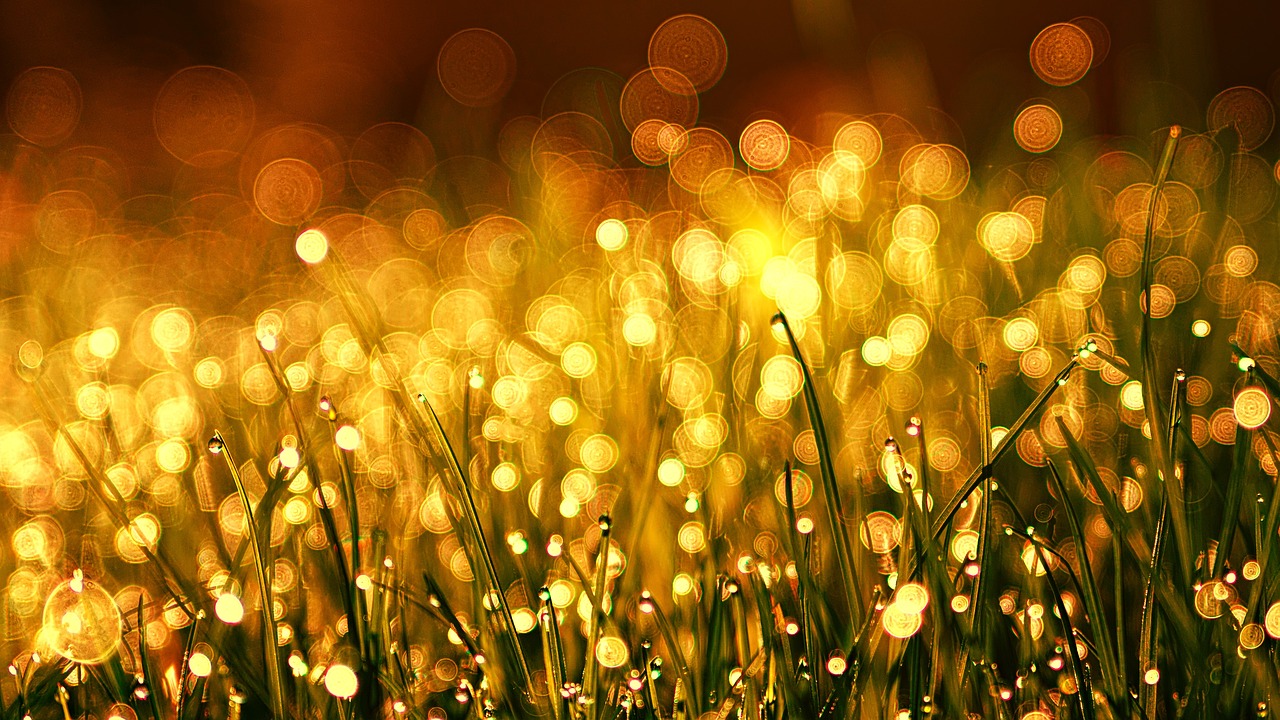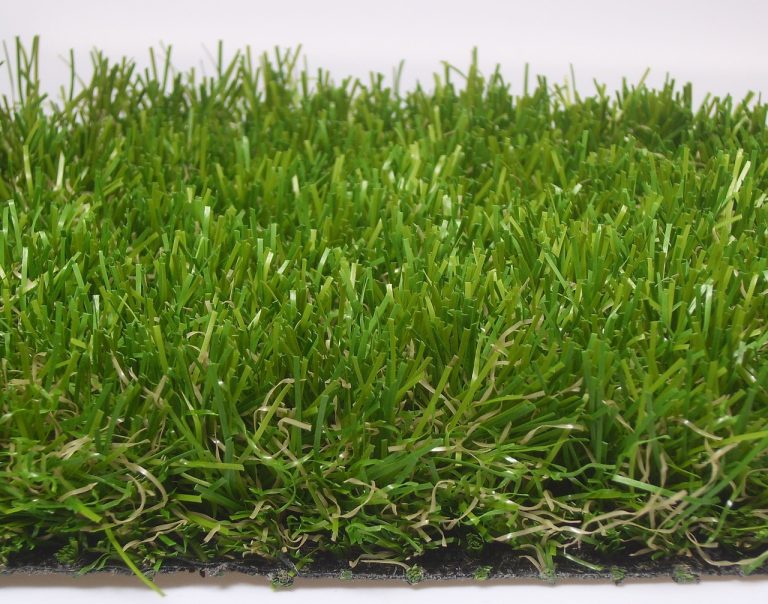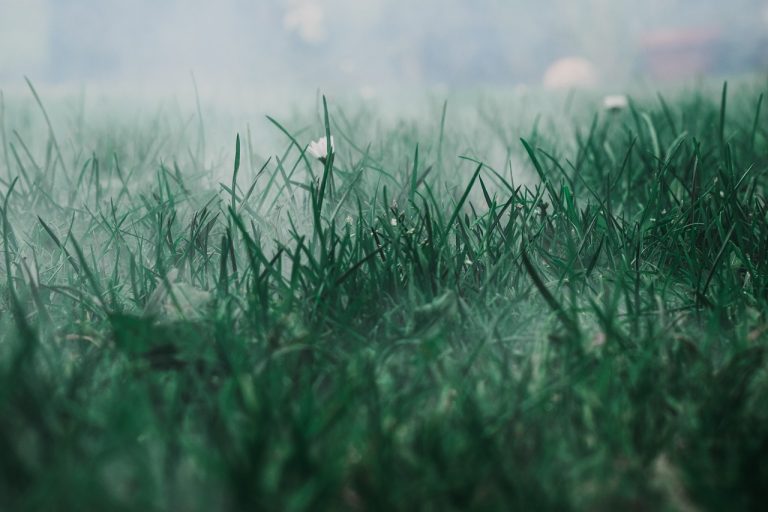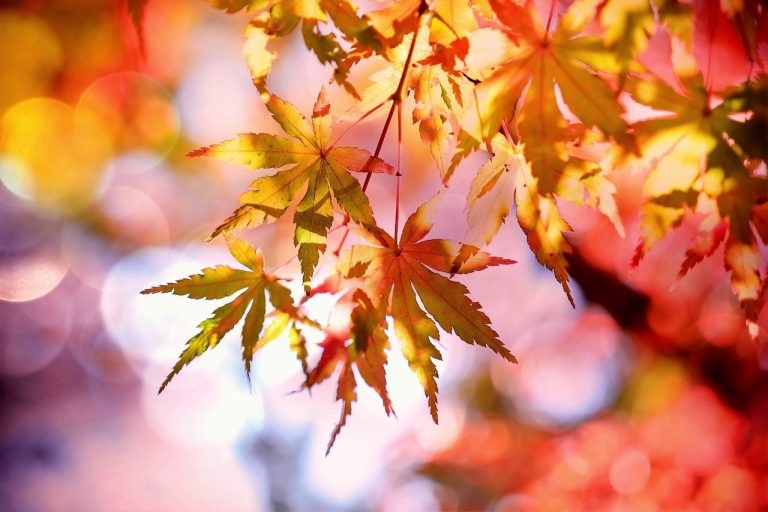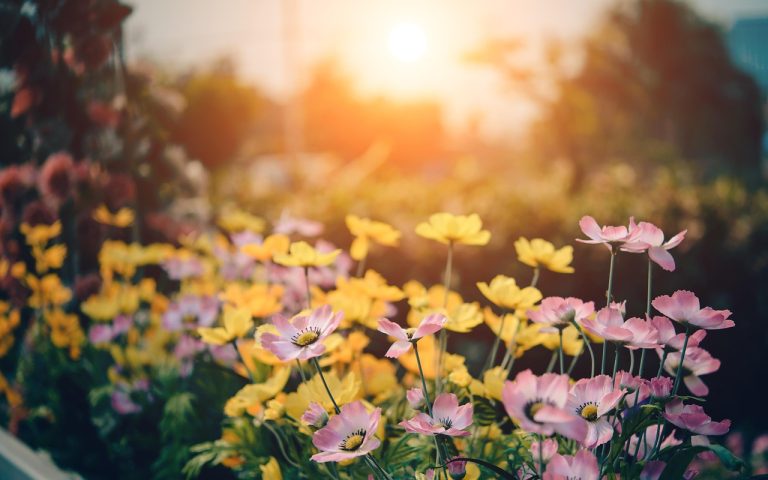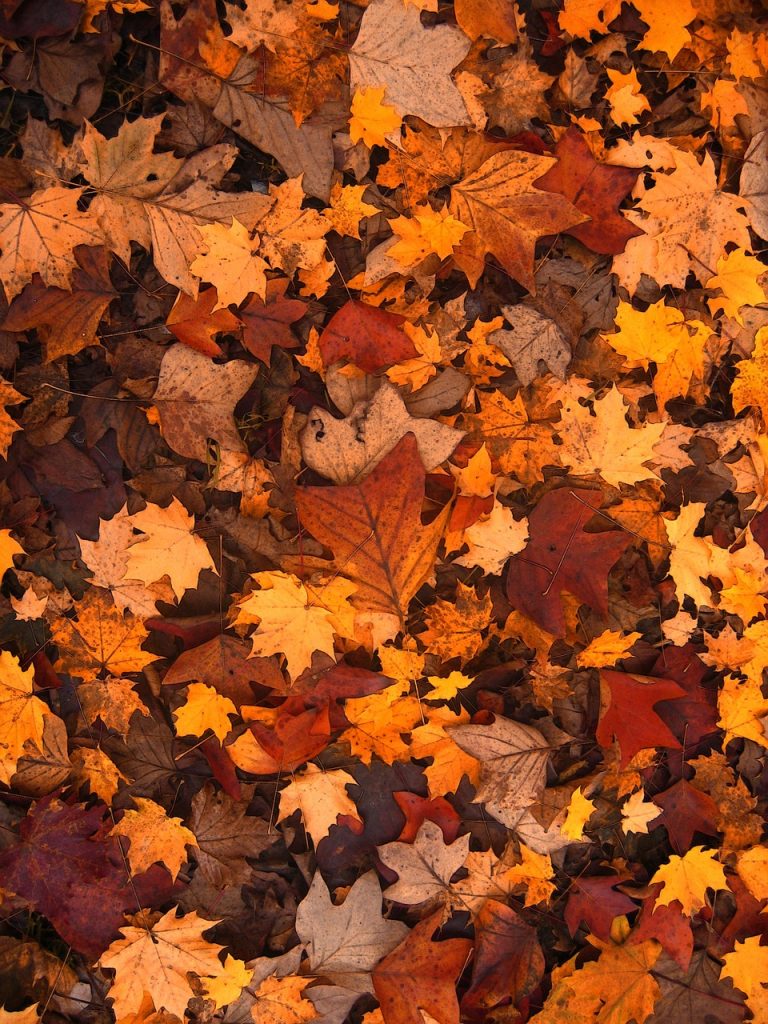IS WATERING GRASS SEED AT NIGHT BAD FOR LAWN (3 Exclusive tips)
IS WATERING GRASS SEED AT NIGHT BAD FOR LAWN: As the stars twinkle overhead, a common question sprouts in the minds of aspiring lawn enthusiasts: does the cloak of night harbor hidden perils for freshly sown grass? The debate swirls around the practice of watering grass seed after dusk, raising inquiries about its impact on the lush expanse you envision. Nighttime, shrouded in mystery, holds both promise and potential pitfalls for your burgeoning lawn. Let’s unveil the secrets of this nocturnal nurture and explore whether the whispered warnings about watering grass seed at night hold sway or simply fade into the twilight.
IS WATERING GRASS SEED AT NIGHT BAD FOR LAWN?
Watering grass seed at night isn’t inherently bad for your lawn, but it can pose certain risks and challenges. While it allows moisture to seep into the soil without evaporation, it also increases the chances of fungal growth due to prolonged wetness. Understanding the nuances and balancing watering schedules is key to fostering healthy grass growth.
UNDERSTANDING NIGHTTIME WATERING: IMPACT ON GRASS SEED
ADVANTAGES OF EVENING WATERING
Watering grass seed in the evening presents benefits such as decreased water loss through evaporation as temperatures cool and wind activity subsides. This timing facilitates more efficient soil moisture absorption, optimizing the groundwork for seed germination and root establishment.
DRAWBACKS AND RISKS
Yet, the allure of nighttime watering masks potential risks. Allowing moisture to persist overnight raises concerns about fungal diseases like powdery mildew or damping-off. Particularly in humid climates or areas with limited air circulation, these threats loom larger, potentially hindering the desired lawn growth.
FACTORS INFLUENCING NIGHTTIME WATERING OUTCOMES
CLIMATE CONSIDERATIONS
The regional climate stands as a pivotal determinant. Arid locales may benefit from nighttime watering due to decreased evaporation rates, while humid regions might invite fungal growth, complicating the nurturing process.
SOIL COMPOSITION IMPACT
The soil’s composition wields its influence; poorly draining soils act as moisture reservoirs, jeopardizing seed germination and root development. This emphasizes the need for balanced watering strategies based on soil characteristics.
AIR CIRCULATION AND MOWING PRACTICES
Neglected yet crucial, proper air circulation and prudent mowing practices contribute significantly to curbing the risk of fungal diseases. Improved airflow prevents moisture stagnation, a breeding ground for potential issues.
BEST PRACTICES FOR EFFECTIVE NIGHTTIME WATERING
TIMELY WATERING
Consider early evening watering as an alternative to late-night sessions. This approach allows adequate time for both foliage and soil to partially dry before the cooler night sets in, reducing the risk of prolonged moisture.
ENSURING ADEQUATE DRAINAGE
Preventing water logging becomes imperative. Ensuring proper drainage mechanisms within the soil structure aids in averting excessive moisture retention, fostering healthier growth conditions.
SEED VARIETY SELECTION
Opt for disease-resistant seed varieties to fortify your lawn against potential fungal threats, bolstering its resilience during the critical growth phase.
BALANCED WATERING REGIMEN
Craft a well-considered watering schedule, tailoring it to the specific requirements of the grass species. This balance ensures optimal moisture levels without over-saturation.
Frequently Asked Questions about: watering grass seed at night
Is it better to water grass seed in the morning or at night?
Both have pros and cons. Morning watering reduces the risk of fungal growth but might lead to water loss due to evaporation.
Can watering grass seed at night kill it?
It’s unlikely to kill the grass seed, but prolonged moisture could encourage fungal diseases.
How often should I water grass seed at night?
It’s essential to balance moisture without saturating the soil, usually every few days depending on climate and soil type.
Will watering grass seed at night attract pests?
Excessive moisture can attract certain pests, but it’s more likely to encourage fungal issues.
What happens if I water newly seeded grass too much at night?
Overwatering can lead to poor root development or fungal diseases, hindering healthy growth.
Is it okay to water grass seed at night in hot climates?
In hot climates, night watering might help reduce water loss due to evaporation but increases the risk of fungal problems.
How long should I wait after watering at night before it’s safe for the grass?
Aim for early evening watering to allow some time for the foliage to dry before nightfall.
Should I change watering frequency during different seasons when watering at night?
Yes, seasonal changes affect the moisture requirements of grass, so adjust watering accordingly.
Can I use a sprinkler system to water grass seed at night?
Yes, a well-timed sprinkler system can efficiently water grass at night, but it’s crucial to avoid overwatering.
Are there specific grass seed types that are less prone to issues with nighttime watering?
Some grass varieties are more resistant to fungal diseases; selecting these varieties can help mitigate risks when watering at night.
CONCLUSION
Watering grass seed at night isn’t inherently detrimental to your lawn, but it demands a careful balance. While nighttime watering reduces evaporation and allows for efficient soil moisture absorption, it also heightens the risk of fungal diseases due to prolonged wetness.
Understanding the local climate, soil characteristics, and employing best practices like early evening watering, ensuring proper drainage, and using disease-resistant seed varieties are key to fostering healthy grass growth. By managing moisture levels effectively and considering specific lawn needs, you can navigate the nuances of nighttime watering and contribute to a lush, thriving lawn.

